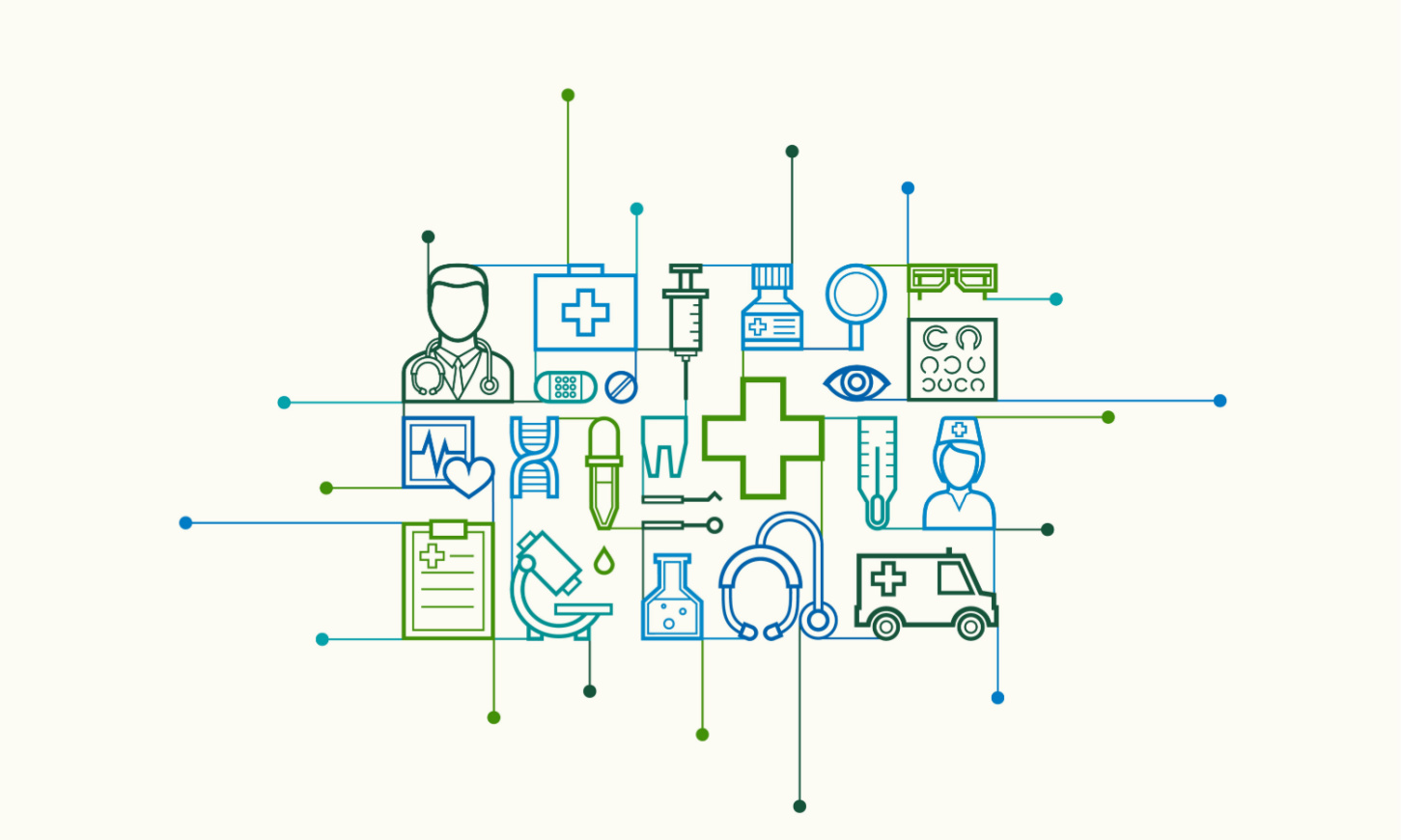Science can help us achieve healthier futures for everyone
Without science, where would we be? To continue making advances, we must enact supportive policy, actively engage with communities to foster trust and invest in research. The Wellcome Trust, as an independent charity, is in a unique position to help realise these ambitions
It is hard to understate the potential of science. It is one of the most powerful tools we have to change and improve lives around the world.
Think of the rollout of the R21 malaria vaccine, adding to our global ability to protect and save tens of thousands of lives. Think of the large clinical trial for the tuberculosis vaccine candidate M72, which, if successful, could be the first new vaccine for this global killer in 100 years. Think of the digital solutions with potential for transforming mental health treatment, or the genomic advances and rapid acceleration of generative artificial intelligence bringing benefits across health care.
These are just a handful of the critical advances for health that science is delivering this year.
Health has improved in so many ways, for so many people, thanks to science. Yet we still face huge challenges to protecting and enhancing health globally, challenges compounded by vast inequities.
At Wellcome, which I joined as chief executive officer at the start of this year, we have committed £16 billion over a decade to support science, investing in research to bring long-term impacts on health for everyone.
This means supporting foundational, open-ended discovery as well as backing research to achieve solutions for the greatest health challenges facing us all – infectious disease, mental health and the health impacts of the climate crisis.
For Wellcome, supporting science also means engaging diverse perspectives and partnerships – across borders, research disciplines, expertise, cultures and industries. It means both investing in research and working with others to influence changes to ensure solutions have an impact where they are needed most and to ensure that research informs policy and practice.
Where science happens, not just when or how, is critical
For science to achieve its potential, ensuring research is done in the places most affected by health challenges and by people who are part of the communities affected is key to building trust and relevance.
Science can only achieve its potential with society’s trust. That means science and all who support science have an ongoing responsibility to strengthen and negotiate this trust.
The Wellcome Global Monitor (2018 and 2020) is a global survey of people’s attitudes towards science. It found that trust in science is affected by whether people feel science ‘benefits people like me’. People in the Global South were much less likely to feel that science benefitted them than those in Global North countries.
Active engagement with communities, to identify priorities and get communities on board with research strategies, builds trust in science.
One way Wellcome approaches this is by supporting locally driven programmes in Africa and Asia. These support networks of multidisciplinary researchers across each region, who are best placed to react to issues such as escalating infectious disease threats in hospitals and communities, or implementing research-informed change within health systems.
Pandemic lessons
In the Covid-19 pandemic, science delivered as never before. We saw what can be achieved through global collaboration.
As a global community we delivered vaccines within a year against a previously unknown pathogen. We failed, however, to expedite global sharing and equitable access to these vaccines.
Covid-19 sadly also showed how rapidly trust between governments can break down if scientific gains are not shared in fair, timely or accessible ways – if the communities most affected are not at the centre of international health dialogues and decision-making, or left behind by the international community when pressures on national health security come to the fore.
Navigating the challenges of ensuring equitable access and correcting market failures are as important as exploring the potential of science to change lives. The international health and science communities share a responsibility to balance incentives for innovation with commitments to equity.
Science, like health, is political
Scientific advance alone is never enough to deliver health advances. Impact requires both translation to regulated health markets and translation of research evidence to policy and practice. Evidence generated through rigorous scientific research is fundamental to progress.
And the scale of the challenges we face requires partnership and collaboration across sectors to achieve change.
Since Covid-19 we have seen it with the global health community coming together to bring high-level action on antimicrobial resistance, to address the mpox health emergency and on bringing a global focus to the health impacts of
the climate crisis.
Philanthropy can act where others cannot
Without discovery, new insights and new solutions, we will not tackle the urgent international health challenges we all face.
Without science that looks to address the vast inequities in health globally and research informing policy and practice, we will not achieve resilient health systems.
Working together, foundations, governments, industry and civil society have a responsibility to support science, pulling together on the health challenges affecting all our communities and complementing country and regionally led priorities.
Wellcome, an independent charitable foundation, is in a unique position to work with the private sector, government, academia and civil society. We are committed to science to improve society and to work towards health equity, diversity and inclusion in research.
Improved child survival, life expectancy, the good health of all of society today and for generations to come, the good health that is the foundation of opportunity for growth and for society and economies to thrive – all start with science.
Through innovation, collaboration and commitment to health equity, science can help us achieve healthier futures for everyone. ▪












